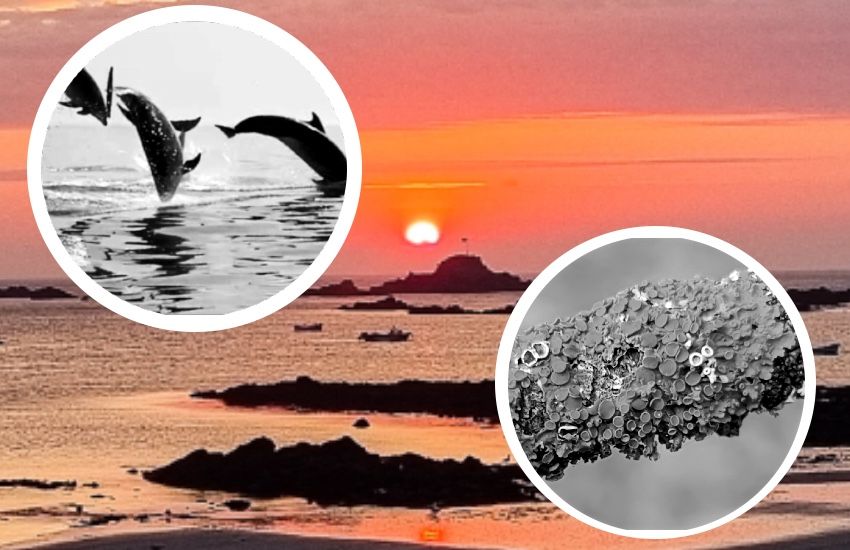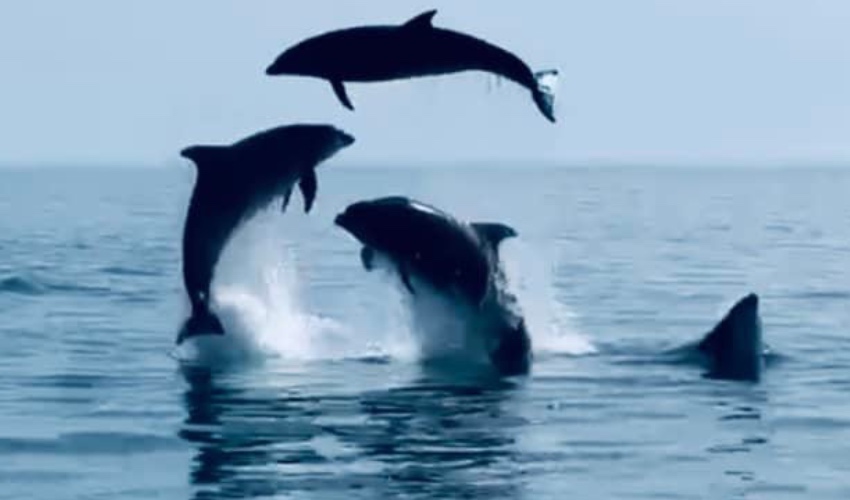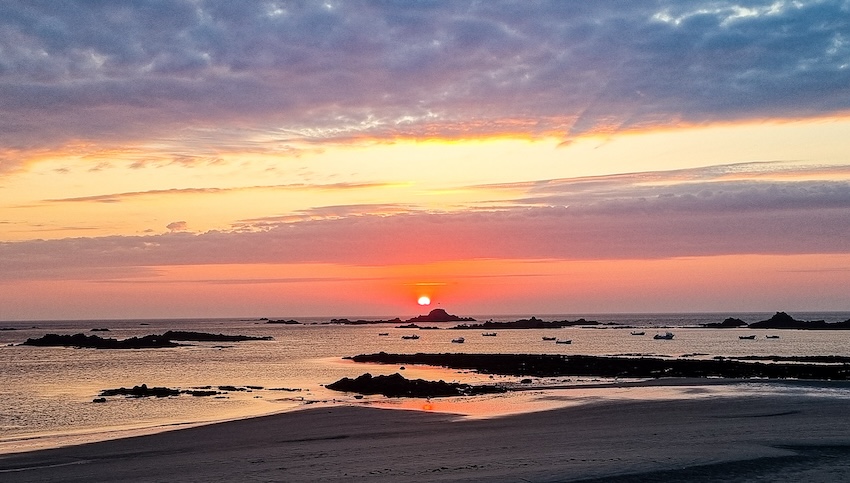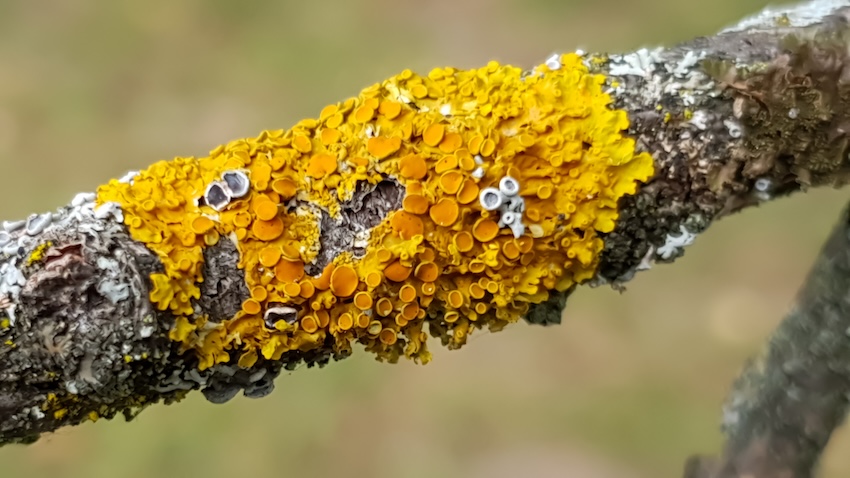


“One of the key themes throughout this report is the lack of data” is a stark admission from the State of Nature Report 2024, published by Guernsey's Nature Commission.
Released this week, the Nature Commission is using its State of Nature report to kick start a drive to engage with the public, and for good reason.
Its conclusion is simple: if the species which we do have data for are in decline, then we must assume the same for environments in which we have little to no data available, and those environments are right on our doorstep.
These habitats in question are facing different levels of uncertainty, but the environments that raised major eyebrows were Marine, Fresh Water, Fungi, and Lichen.
It’s a shock when you think that we celebrate our marine and aquatic life so much.
They’re our mascots and logos, they’re etched into iconography that has been synonymous with Guernsey long before I was born, and they’ll be used long after I’m gone.
The question is will the creatures themselves be present?
Lichen and Fungi was a strange one to digest as well - that's under our feet, it’s growing on our buildings or under our foliage.
Yet the hard empirical data is no where to be found. Not written down for future use anyway.

Pictured: Dolphins are amongst some of the most celebrated animals worldwide, but in local waters we know very little.
The report hits on a point that is vital when it comes to keeping Guernsey 'Guernsey'.
That connection with nature which is so vital to what makes our island 'our island', but unlike a lot of good intentioned individuals in Guernsey, they’re not just pointing out problems. The Nature Commission's taking steps to address them.
Alongside a host of other events designed to engage with the public young and old, the Nature Commission is hosting a series of talks covering every inch of Guernsey’s wild world.
They’ll deep dive into areas of the report, what they’ve learned and what can be done to help.
A full list of the talks and a link to the commission's website can be found at the bottom of this article.

Pictured: It could soon be sunset for several species, as despite Guernsey's wonderful natural world, we know very little in facts and figures.
What was evidently clear from my chat with Jessi Jennings, the CEO of the Nature Commission, was the desire to get more people involved from the community. To drive a change towards a closer relationship between everyone and everything that calls Guernsey home.
“Citizen science is a great way to connect people with nature while also collecting large amounts of useful data," she said.
"Volunteering helps us give back to our natural environment and is vital in consistently providing large amounts of data over a long time period and in filling the gaps in our knowledge.
“The citizen science projects the Nature Commission support are often national projects and so by contributing data we are helping to build a picture for the whole of the British Isles.
“By knowing more about the state of our habitats and species, we can understand which areas need the most support. Additionally, data from these projects will be used in the next and subsequent State of Nature reports produced by the Nature Commission.”

Pictured: Lots of locals have lichen knowledge, but little is public record.
If you think you can make a difference to the environments surrounding us, the talks could be a great place to start.
If you’d like to know more about the work the Nature Commission does, or any of the events they’re hosting, you can visit their website.
Nature Commission picks its board
Guernsey Nature Commission launched
Comments
Comments on this story express the views of the commentator only, not Bailiwick Publishing. We are unable to guarantee the accuracy of any of those comments.